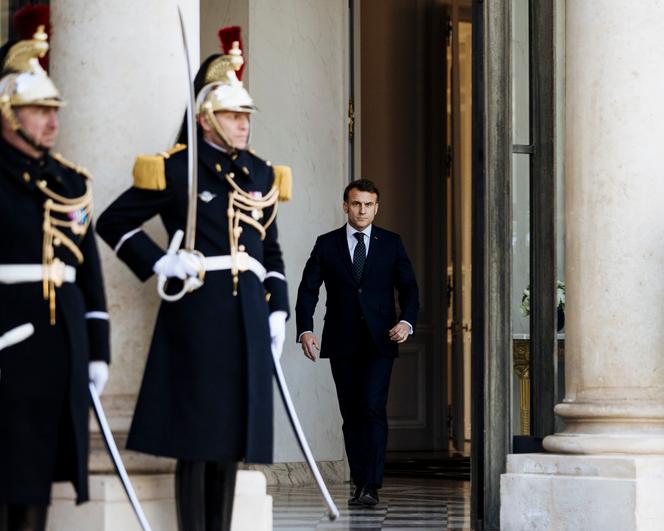


On Thursday, February 20, President Emmanuel Macron met with a dozen party and parliamentary group leaders to brief them on the situation in Ukraine as Donald Trump intends to launch peace talks with Vladimir Putin, sidelining both Ukrainian President Volodymyr Zelensky – whom Trump, in a stunning reversal, described as a "dictator" – and Europe as a whole. As they left the Elysée Palace, the political leaders present stressed the need for France to make its voice heard in the new global landscape. However, they remained divided on the message to be conveyed and on the potential deployment of troops to Ukraine.
Faced with the upheavals in the world, accentuated since the election of Trump in the United States, French politicians appear tetanized and out of step. On Friday, February 14, in Munich, the American vice president, JD Vance, called the transatlantic alliance into question, before castigating the liberal democracies of Europe, which he accused of stifling "freedom of expression." His fierce diatribe was accompanied by an endorsement of Germany's far right, ahead of the February 23 elections. The speech was deemed "unbearable" by the German Defense Minister Boris Pistorius, but was hardly commented on in Paris, despite the gravity of its significance and the epistemological break it induced.
You have 86.01% of this article left to read. The rest is for subscribers only.
